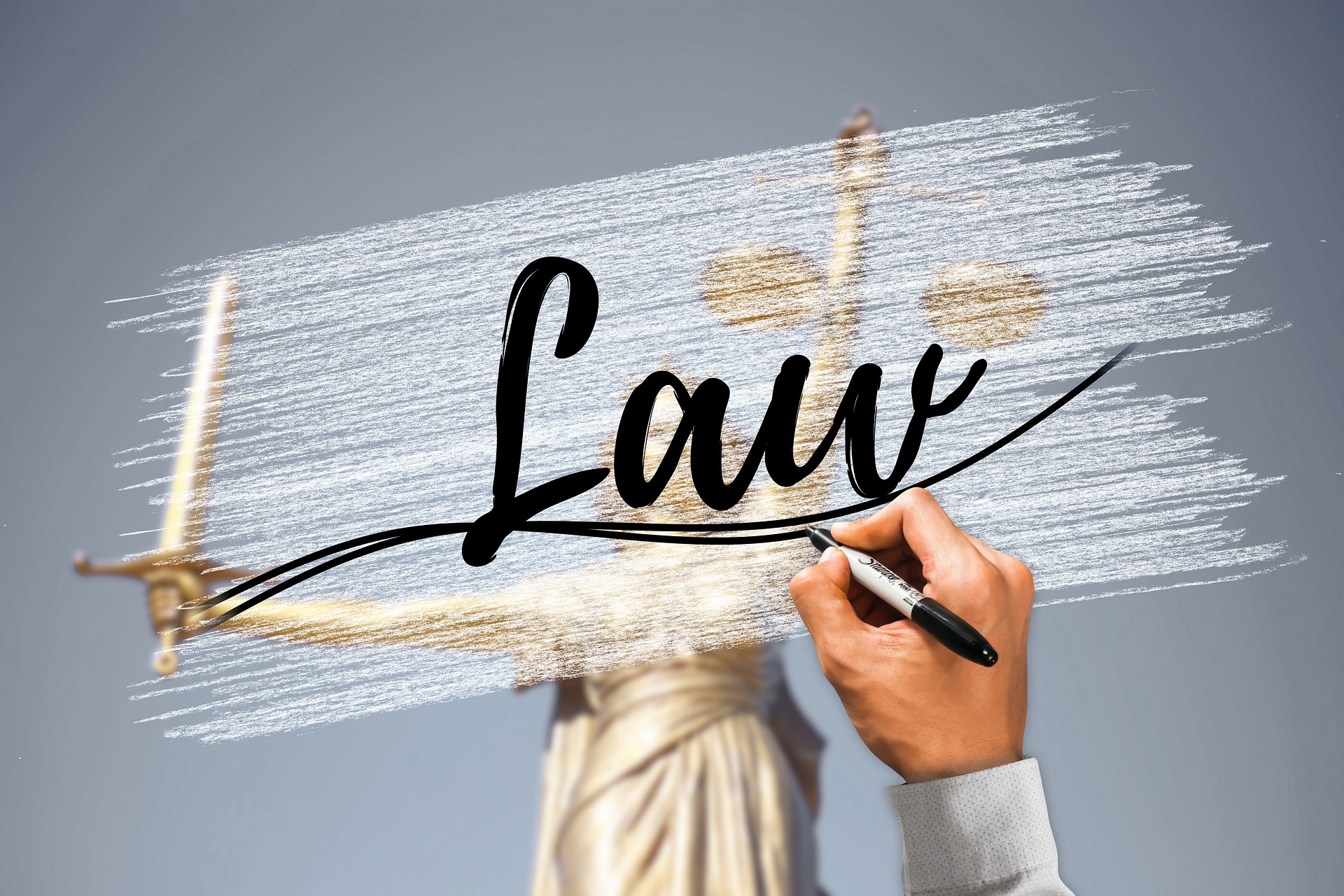A Look Into the Impact of the Digital Age on Copyright Law
The digital age, characterized by the rapid advancement of technology and the internet, has greatly influenced various aspects of society, including the legal landscape. One area significantly affected is copyright law. As technology evolves, so does the nature of copyright infringement, prompting a crucial re-evaluation of existing laws.

Unveiling the History of Copyright Law
Copyright law originated in England in the 18th century with the Statute of Anne, designed to protect authors’ rights to their works. In the United States, copyright was established through the Copyright Clause of the Constitution, granting Congress the power to “promote the progress of science and useful arts, by securing for limited times to authors and inventors the exclusive right to their respective writings and discoveries.” Over the years, legislation like the Copyright Act of 1976 has expanded copyright protection, reflecting the evolving nature of creative works.
The Advent of the Digital Age and Its Challenges
The rise of the internet and digital technology has significantly complicated copyright law. Digital technology makes copying and distributing creative works easier and faster than ever before, leading to widespread copyright infringement. Lawmakers and courts have grappled with how to apply traditional copyright principles to these new contexts, leading to legal developments such as the Digital Millennium Copyright Act (DMCA) in 1998.
DMCA: A Response to Digital Infringement
The DMCA was designed to address copyright issues arising from the digital age. It criminalizes the production and dissemination of technology intended to circumvent measures that control access to copyrighted works. It also limits the liability of online service providers for copyright infringement by their users. Despite its intentions, the DMCA has faced criticism for being overly broad and stifling innovation.
The Current State of Copyright Law in the Digital Age
The digital age continues to present new challenges for copyright law. Online platforms like YouTube, Facebook, and Instagram have led to new forms of content creation and distribution, further complicating copyright enforcement. Legal disputes have arisen over issues like user-generated content, streaming, and ‘deepfake’ technology, revealing the shortcomings of current laws in addressing digital copyright infringement.
Implications and Future Directions
The impact of the digital age on copyright law has significant societal implications. Balancing the rights of copyright holders and the public’s interest in access to information is a complex issue. There is a pressing need for the legal system to adapt to these changes, either through new legislation or judicial interpretation, to ensure that copyright law remains effective in the digital age.
In conclusion, the advent of the digital age has brought significant challenges to copyright law. Current legal frameworks, like the DMCA, have attempted to address these challenges, but they have proven inadequate in some respects. As technology continues to evolve, so must the law, to protect creative works without stifling innovation or limiting access to information. The legal community must continue to grapple with these issues, striving to adapt copyright law to the realities of the digital world.




